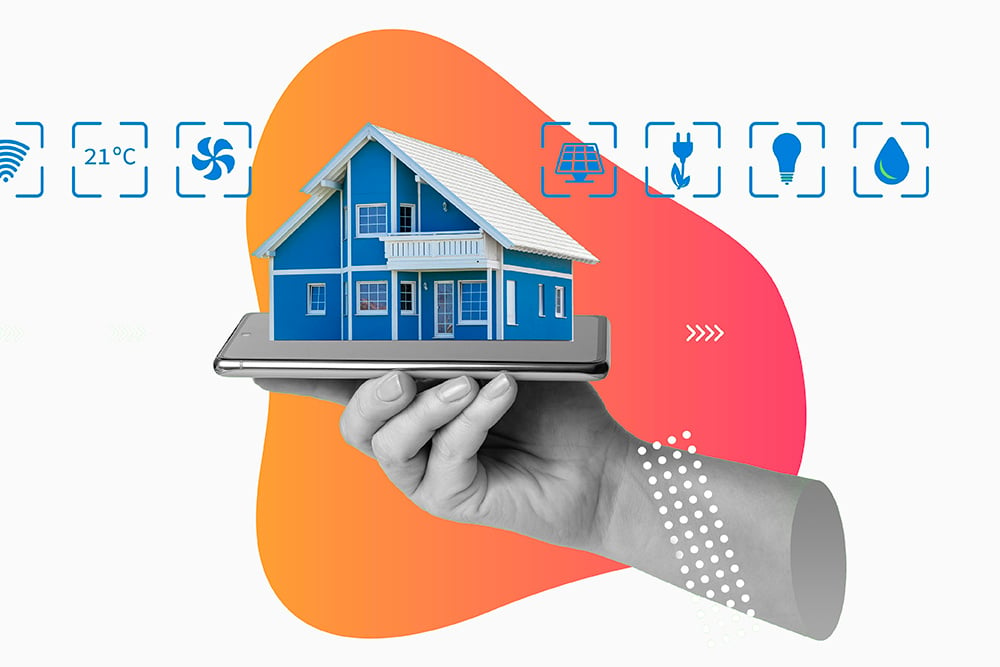Field Service Directors Can Ride the IoT Smart Home Technology Wave
Smart home technology is ubiquitous nowadays.An estimated one-third of American households now boast connected appliances, voice assistants, and...

Intelligent home technology has transformed from curiosity to necessity. An estimated two-thirds of American households have these convenient domestic solutions, which include everything from digital voice assistants that facilitate hands-free online shopping to so-called smart refrigerators designed to keep tabs on kitchen essentials and send alerts when inventories get low, per research from GfK. However, these innovations do not solely benefit homeowners. The field service businesses that help consumers maintain and troubleshoot their household appliances also stand to benefit from the rise of smart home technology. That said, companies in this space must implement an essential operational solution prior to pursuing the advantages that come with these digital tools: field service management software.
Field service management (FSM) solutions allow field service businesses to interact with customers' devices and cultivate internal and external data flows that support automated, information-rich processes meant to bolster service quality and streamline backend operations. These capabilities would, of course, offer great assistance to modern field service firms, more than one-third of which are grappling with serious issues like sky-high customer demand, poor internal data management and technician attrition, according to the Service Council. FSM technology can mitigate these problems when paired with the cutting-edge intelligent home products available today. But how exactly do these digital tools work together?
Understanding the FSM-smart home connection
Intelligent home devices leverage advanced software and internet connectivity to automate certain household activities with minimal human assistance. For instance, voice assistants can access customers' account information and place e-commerce orders with simple verbal direction from authorized users, while smart refrigerators can automatically monitor food inventories and maintain optimal temperatures. FSM solutions perform similar functions within service businesses, facilitating self-propelled work order distribution and scheduling workflows. However, each of these technologies reaches its full potential when integrated. Here are some emerging FSM-smart home use cases:
Finding optimal FSM technology
Pinpointing and implementing effective FSM technology is the optimal first step for organizations within the sector looking to exploit this digital connection. Here at ServicePower, we help field service businesses deploy FSM solutions that can integrate with the latest intelligent home technology and lay the groundwork for bottom line-building operational change. This is why some of the biggest, most well-known companies in the world, including GE Appliances, LG, Electrolux, Allstate and Siemens, trust our field service management solutions to deliver real results.
Contact us today to learn more about our work and how we can help your field service business harness the power of smart home connectivity.

Smart home technology is ubiquitous nowadays.An estimated one-third of American households now boast connected appliances, voice assistants, and...

Managing off-site technicians and assets can be a challenge for businesses in the field service industry. The unknown variables involved with field...

Field service operations have evolved significantly over the years, embracing various tools and technologies to modernize processes and enhance...